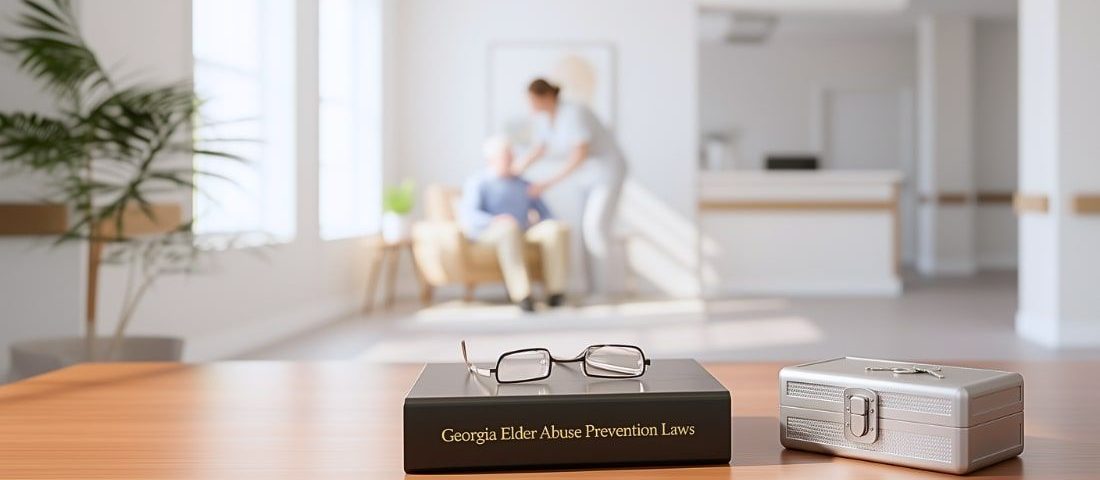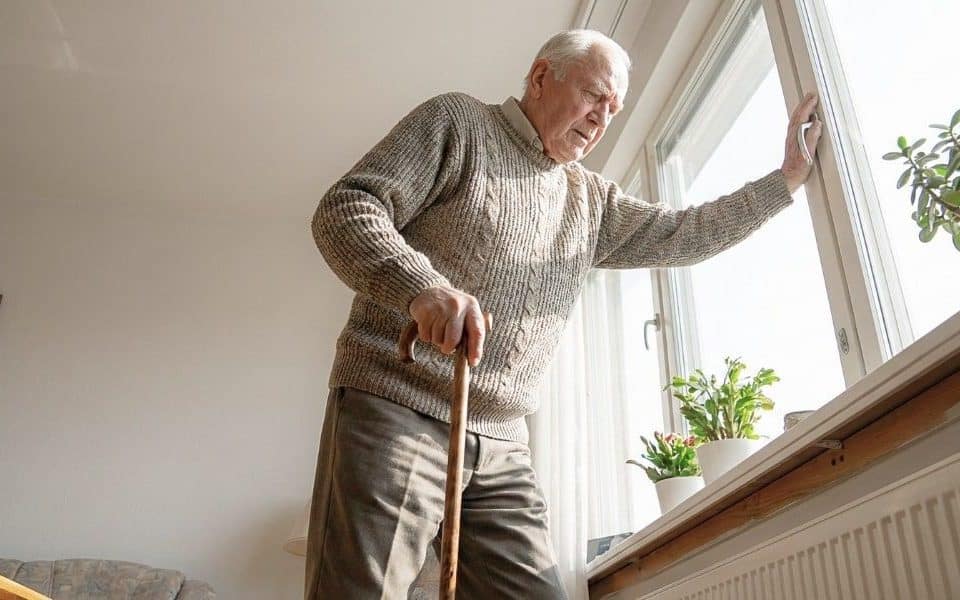
Caring for an aging parent comes with trust and responsibility. Yet, not every senior receives the dignity and safety they deserve. Abuse can happen in private homes, in facilities, and even from people families thought they could trust.
If you’ve ever worried about whether your parent could be at risk, you are not alone. Many adult children face the same questions—how to recognize abuse, what steps to take, and who to call for help.
Georgia’s elder abuse prevention laws give you answers. They define what counts as abuse, explain penalties for offenders, and outline reporting steps so families like yours know exactly how to respond.
Everything You Need to Know About Elder Abuse Prevention Laws in Georgia
Outlining Who Has Protection
- Elder persons aged 65 or older
- Disabled adults aged 18 or older with physical or mental incapacity
Whether your parent lives at home, in assisted living, or in a nursing home, these protections apply. Knowing this ensures you never second-guess when it’s time to reach out for help.
What Conduct Does the Law Cover?
- Physical harm or injury
- Neglect of basic needs
- Emotional or mental abuse
- Sexual abuse
- Financial exploitation, such as unauthorized withdrawals or misuse of property
- Unreasonable confinement
Some forms of abuse, like bruises or sudden injuries, may be obvious. Others, such as financial exploitation or neglect, can be harder to spot. Staying aware of all forms gives you the best chance to protect your loved one.
How Widespread is Elder Abuse?
Research shows one in six adults over 60 experiences abuse each year. Most cases are never reported. Fear, shame, and lack of awareness keep many victims silent. That is why your role as a watchful family member is so important.
Mandatory Reporting in Georgia
Georgia requires certain professionals to act when they suspect abuse. Knowing who must report and where reports go can help you advocate more effectively for your parent.
Who Must Report in the Community?
- Healthcare providers
- First responders
- Clergy
- Financial institution employees
- Facility and agency staff
These professionals serve as an extra line of defense. Their duty ensures that if they see something concerning, they have a legal requirement to act.
Where to File a Report
- Adult Protective Services (APS)
- Local law enforcement
Often, APS and law enforcement coordinate to ensure cases get the attention they deserve.
How to Contact APS
- Call 1-866-552-4464, option 3 (Monday–Friday, 8 a.m.–7 p.m.)
- File a report online anytime
Save this information now. If you notice warning signs, having the number ready can prevent delays. Remember, APS is not a first responder. If someone is in immediate danger, always call 911 first.
Reports for Long-Term Care Facilities
If concerns arise in a nursing home or assisted living center, contact the Department of Community Health Healthcare Facility Regulation at 404-657-5700. These facilities face stricter oversight, adding another safeguard for your parent.
Penalties for Failing to Report
Mandated reporters who fail to act face misdemeanor charges. That underscores the seriousness Georgia places on protecting seniors.
Criminal Penalties and Protections
When abuse is confirmed, Georgia law takes it seriously.
Penalties for Abuse and Exploitation
- Prison terms from one to twenty years
- Fines up to $50,000
That shows abuse isn’t treated as a mistake but as a crime with life-changing consequences for the offender.
Protections for Reporters
If you make a report in good faith, the law shields you from liability. Families can act without fear of legal consequences when concerns are honest and well-intentioned.
Statewide Enforcement Partners
Specialized groups like the Forensic Special Initiatives Unit and Georgia Bureau of Investigation task forces bring extra resources to cases. Their involvement means families don’t have to worry that reports will be ignored.
Practical Steps Families Can Take
Laws are important, but your daily actions make the biggest difference. Here’s how to stay proactive.
Watch for Warning Signs
- Unexplained bruises or injuries
- Sudden withdrawal from family or friends
- Missing money or unpaid bills
- Restricted access to your parent
Trust your instincts. If something feels off, write down what you see. Notes with dates and details can help investigators act faster.
Build Simple Prevention Routines
- Review bank statements monthly
- Set withdrawal alerts on accounts
- Keep financial and legal documents secure
These steps are straightforward, but can stop exploitation before it grows worse.
Prepare Before Filing a Report
Gather essential details, including names, addresses, ages, observations, and dates. Having this information ready ensures authorities can respond quickly.
Coordinate as a Family
Choose one sibling to make the report, then keep everyone updated. Clear communication avoids confusion and ensures nothing slips through the cracks.
FAQs
What age qualifies as an elder person under Georgia law?
Age 65 or older.
Who investigates abuse in community settings?
Adult Protective Services.
Are bank employees required to report suspected exploitation?
Yes, they are mandated reporters.
How quickly should I file a report?
You should file a report immediately if you believe there is reasonable cause. Waiting could put your parent at greater risk.
Do reporters have legal protection?
Yes, those acting in good faith are protected from liability.
Take Action to Protect Your Loved Ones
If something feels wrong, trust your instincts. Pay attention to warning signs, review finances, and keep reporting information handy.
Taking these steps may feel overwhelming at first, but you are not alone in this. Staying informed and ready to act can ensure the protection seniors deserve.
Having trusted care is the next step. At Bethel Gardens, families find a welcoming environment where seniors are safe, valued, and supported. Contact us today to learn how we can help your loved one thrive in a safe and caring community.



